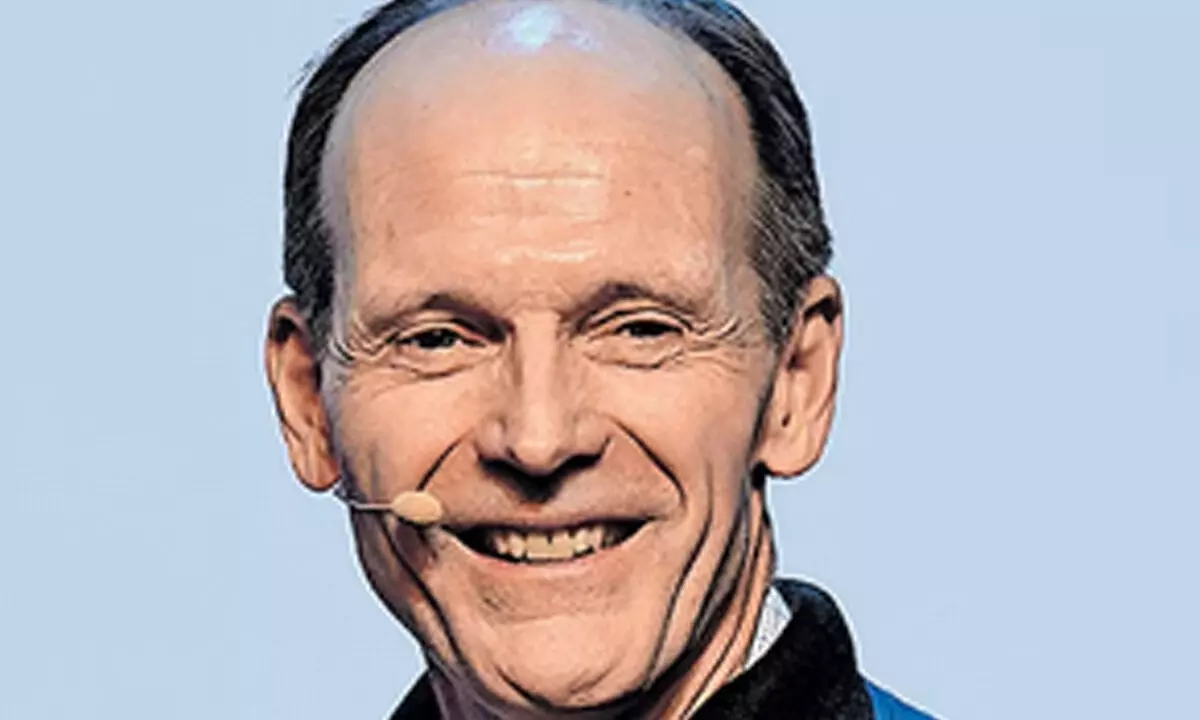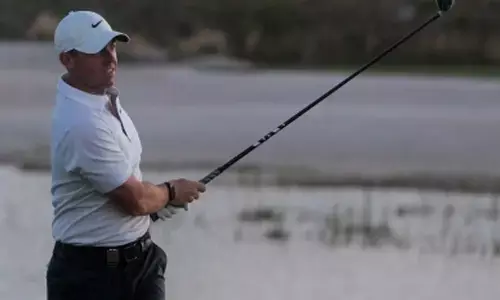Simplify life & develop soft skills: Astronaut Steve Smith
Share :

Veteran American astronaut Steve Smith on Friday hailed Kerala’s introduction of artificial intelligence (AI) in the school syllabus and suggested aspiring space travellers to simplify life for stronger focus and perseverance.
Kochi: Veteran American astronaut Steve Smith on Friday hailed Kerala’s introduction of artificial intelligence (AI) in the school syllabus and suggested aspiring space travellers to simplify life for stronger focus and perseverance.
“True, scientific temper and engineering knowledge are essential for anyone looking forward to becoming a space flyer. Equally importantly, you need to develop soft skills that enable effective personal interaction,” said Smith while addressing the media on the sidelines of the two-day International Conclave on Generative Artificial Intelligence.
The event is being organised by the Kerala State Industrial Development Corporation in association with IBM.
The 65-year-old Smith noted that an increasing interest in space science among countries has been particularly evident in the last decade during which the countries across the globe launched a total of 10,000 rockets.
“We have 1,800 new companies in the field in the last ten years,” added Smith, a veteran of four space flights covering 16 million miles besides seven spacewalks totaling close to 50 hours.
He went on to add that the earth continues to be the most suitable planet for mankind.
“Some may say it’s time we found ways to re-settle people on Mars when the earth is getting ‘overcrowded’. Not at all! This is still the best place for us to live. In any case, reaching Mars involves a travel of nine months; that way the Moon is an easier destination in three days. Such migrations may happen; but only millions of years later. Not in the next two centuries or so,” added Smith.
Smith said AI was unlikely to boost studies about demystifying UFOs. Space debris, he cited, can be of worry. “We have technologies that ensure their plunging into our oceans. Studies are on in NASA to enable their deflection to avert possible collisions with Earth,” said Smith.













